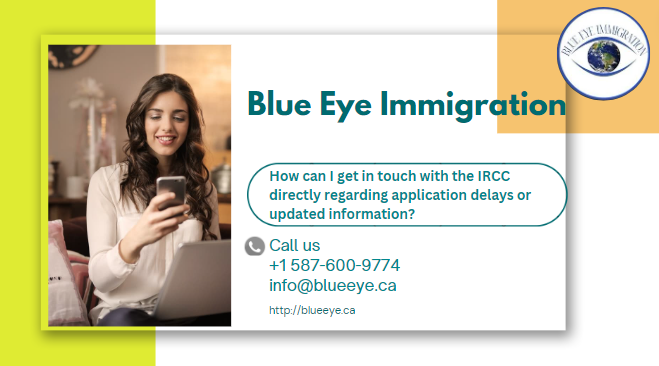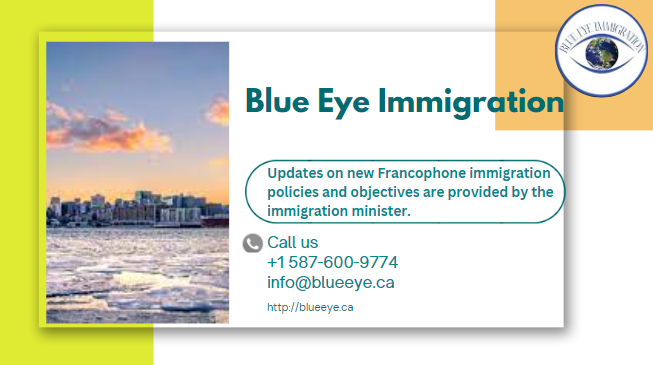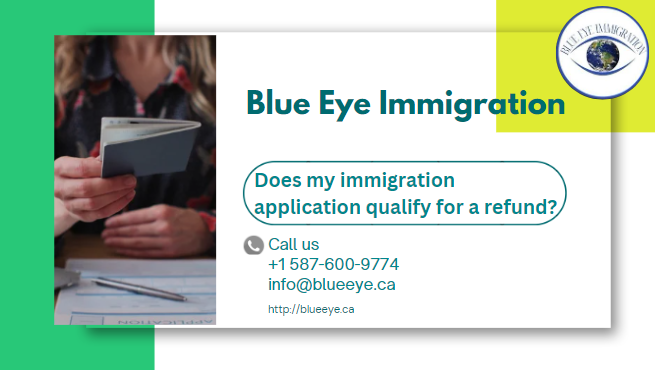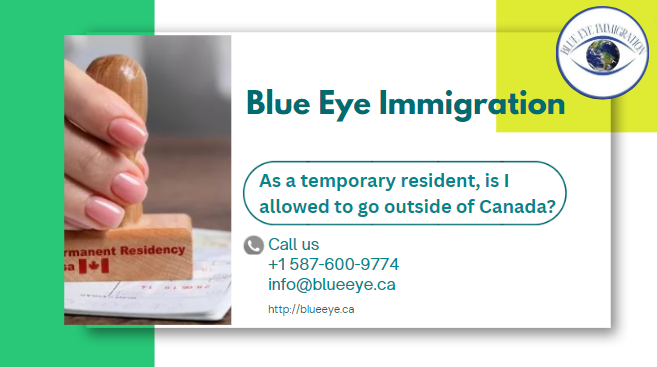Many candidates may experience delays in the processing of their immigration petitions as they proceed through the Canadian immigration procedure. Even though Immigration, Refugees and Citizenship Canada (IRCC) has made progress in attempting to shorten these wait times, protracted wait times are frequently seen.
Nonetheless, there are formal channels available for applicants to inform the IRCC about their applications or express concerns; some of these channels have worked well for applicants in the past.
The circumstances as they stand now
Currently, the IRCC customer service center receives a huge volume of contact via a variety of methods. According to the most recent data available, the agency received 8.3 million requests between April and October of 2022. This number includes 6.6 million phone calls and 1.5 million emails. It is anticipated that this figure will only rise in the years to come.
The web form
The immigration agency employs an online form called the IRCC Webform to respond to inquiries from applicants about their particular application.
This method is only for applicants who need to amend crucial information on their application or who wish to inquire about a filed application that has taken longer than expected to process. Furthermore, the following individuals may use the form:
- want to add, modify, or update how they utilize a representative in an application and are prepared to provide the necessary paperwork to support their request;
- need their PR card to be processed urgently or replaced (if they match the requirements); and
- would want to report a problem with an IRCC online service.
The IRCC typically responds to requests through this route within 30 days on average, however this might vary depending on the complexity of the request and whether more information is required. IRCC will not reply to your webform request if your application is still within official processing time constraints. Additionally, be aware that the department may alter your application using data you supplied via the webform after up to five business days.
Click here to view the webform and to learn more about individual use scenarios.
Send an email
You can also (limitedly) reach out to the IRCC via email. If you would want to ask the department any general or technical inquiries, you can use this technique.
IRCC often advises visiting their frequently asked questions webpage before emailing the department. However, applicants can email: if their question is not answered on this webpage.
- For general inquiries, use questions@cic.gc.ca; and
- web-tech-support@cic.gc.ca for technical questions.
Crucially, con artists frequently use this channel of contact to deceive newcomers into divulging personal information (such as bank account information) by pretending to be the IRCC. It is important for newcomers to keep in mind that the IRCC will never request specific items by email.
Email correspondence with the IRCC typically takes two to five working days, although it should be noted that this method has limitations on the questions that the organization may specifically address about your case.
Call
The last way to get in touch with the IRCC is by phone, however only Canadian citizens may use this service. The IRCC offers a phone line that is managed by humans and one that is automated, with varying availability and terms.
The IRCC’s human-operated phone line, the client support center representative, is available Monday through Friday from 8 a.m. to 4 p.m. Applicants can seek assistance with general and case-specific inquiries by calling this line, which is accessible in both English and French. New applicants should be aware that customer service representatives are not able to decide whether or not to approve your application, nor can they expedite the application processing procedure if you are not qualified for urgent processing.
The automated telephone service, on the other hand, is accessible 24 hours a day, 7 days a week; it allows applicants to check the progress of their application and listen to pre-recorded information on IRCC’s programs.
To get in touch with the IRCC, newcomers should dial 1-888-242-2100 (for both lines) (for calls made from within Canada only).
For the most details regarding your submission
Additionally, applicants are able to order notes from the Global Case Management System (GCMS). The department accepts applications, which are stored and processed using IRCC’s universal software system, GCMS.
The data that is automatically stored on this software by the program itself as well as by immigration agents handling an application is known as GCMS notes. Thus, GCMS notes can provide candidates with comprehensive details regarding:
- a particular application (including details on when it was received, when it was opened, the immigration officer code given to it, the application’s status, the reason for its status, etc.);
- whatever data the IRCC has collected on the applicant; and
- any data that a representative of a third party provides to the IRCC.
A type of request for access to information and privacy (ATIP) is GCMS notes. The Canadian government uses ATIPs to give citizens or anyone residing in Canada access to personal data that the government has gathered about them.
The Canadian government must respond to all ATIP inquiries within 30 days. The department may reply, nonetheless, that more time is required to complete the request.
In order for non-Canadian citizens to apply for GCMS notes, they need to appoint one of the following representatives to apply on their behalf:
- a citizen of Canada;
- a permanent resident of Canada; or
- An individual or corporation currently in Canada.
Click here to find out more about submitting an ATIP request.



